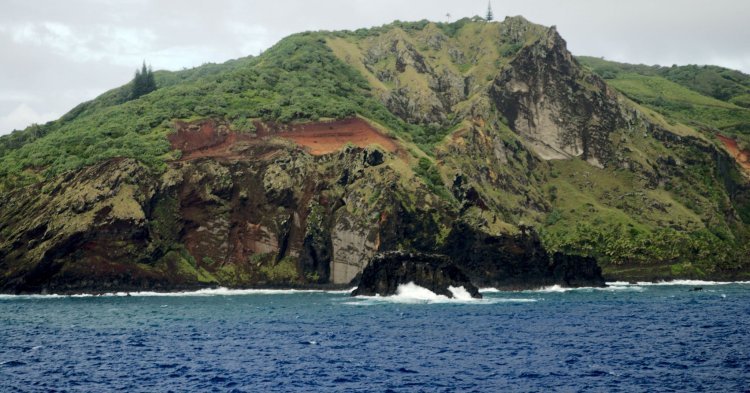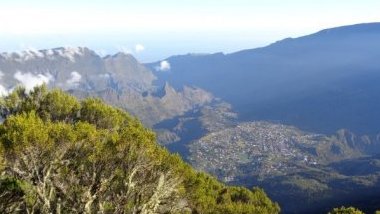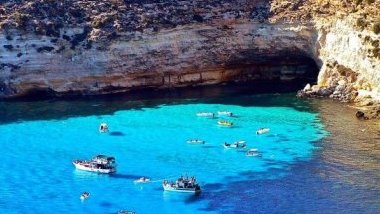The islands are a UK Overseas Territory and as such, are not in fact part of the European Union despite being a British possession. With a population of around 50 and a government run from Auckland in New Zealand, the islands are the world’s smallest democratic system in terms of population. The population is down from the high of 200 recorded in 1936, which has raised concerns about the islands becoming uninhabited again. A few years ago, the islanders launched a campaign to get people to move there, but they only received one application.
Mutiny on the Bounty
“How did people end up here in the first place”, one might ask. According to Pitcairn’s official website, the original settlers are unknown, but traces of an ancient Polynesian civilisation have been found in the island. Pitcairn was first spotted by Europeans in 1767 as British sailors passed by, without however landing.
The first European settlers were the mutineers on the British armed vessel HMS Bounty which was seeking breadfruit plants from the Pacific to transport them to the West Indies. The ship had stopped in Tahiti for months, but just weeks after departure back from Tahiti, in the words of captain William Bligh, longing for the “hedonistic delights of the South Seas” caused the mutiny in 1789. The captain’s abuse of crew members, particularly the to-be mutiny leader Fletcher Christian, certainly did not fail to contribute to the insurrection. The leader of the mutiny, Fletcher Christian, forced the captain and his loyalists on a small boat.
Afterwards, the captain’s boat sailed to Timor, the crew making their way from there to Batavia (Jakarta), and from there on to the UK. Fletcher Christian’s ship first sailed to the small island of Tubuai where they were met with hostility from the local population; then back to Tahiti, and from there to Pitcairn, accompanied by a number of Tahitian men and women. The present-day population of Pitcairn continues to descend from these settlers who arrived on the island in 1790.
Part of the British empire
Infighting on the island had killed many of the men, with John Adams (also known as Alexander Smith) being the last original mutineer left. When the British navy found Pitcairn in 1814, they found it wrong to arrest Adams, as he had upheld order on the island. After the arrival of the navy, ships began to sail to the island more regularly.
The poor communications and transport connections of the time showed, however: in the 1830s, a new settler called Joshua Hill claimed to represent the British government and established brutal autocratic rule in the island, until only years later he was exposed as a fraudster. In 1838, a constitution was written for Pitcairn, and the island became the first British territory to grant suffrage to women.
As the community grew bigger, it emigrated to the bigger Norfolk Island in the 1850s. However, some of the migrants returned back home to Pitcairn, and so Pitcairn remained inhabited. From the early 20th century, with the opening of the Panama Canal in 1914, Pitcairn got weekly traffic as it was a halfway stop on the service between England and New Zealand. The island became less isolated, and today it has telecommunications links to the rest of the world.
Recent history: Sexual abuse scandal and government aid
More recently, the island became infamous for the 2004 child sex abuse scandal which led to the conviction and imprisonment of six men, or in other words nearly a third of the island’s male population. The Telegraph writes that the island struggles to provide jobs for inhabitants, the local shop is only open three times a week, food has to be pre-ordered from New Zealand four times a year and sea traffic is not as frequent as it used to be. British government handouts sustain human settlement on the island - for now.
Sources
The Government of the Pitcairn Islands: Pitcairn’s History
The Independent: Evil under the sun: The dark side of the Pitcairn Island (30 July, 2008)
The Telegraph: Why will nobody move to Pitcairn, the Pacific island with free land? (17 February, 2015)







Follow the comments: |
|
